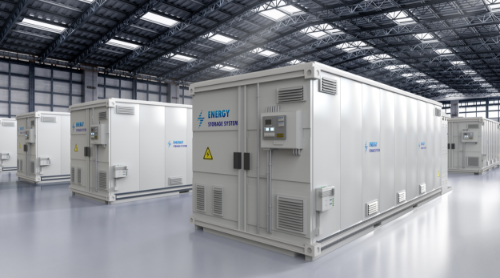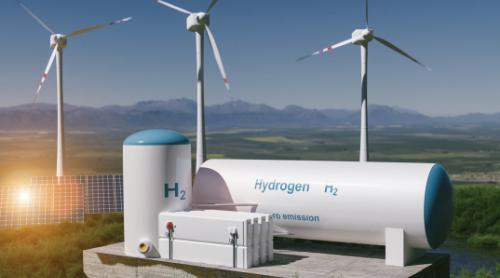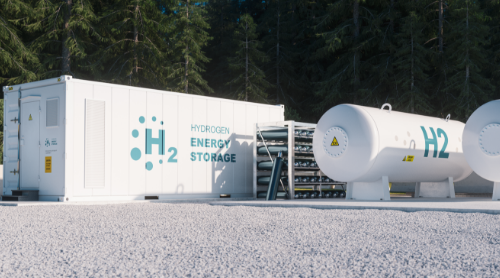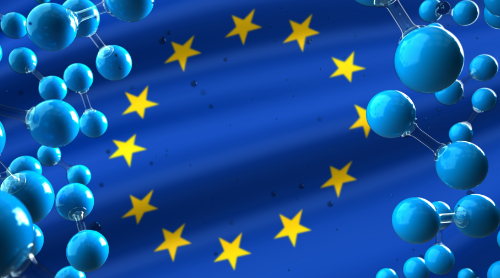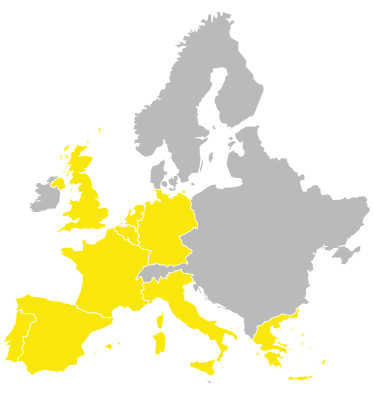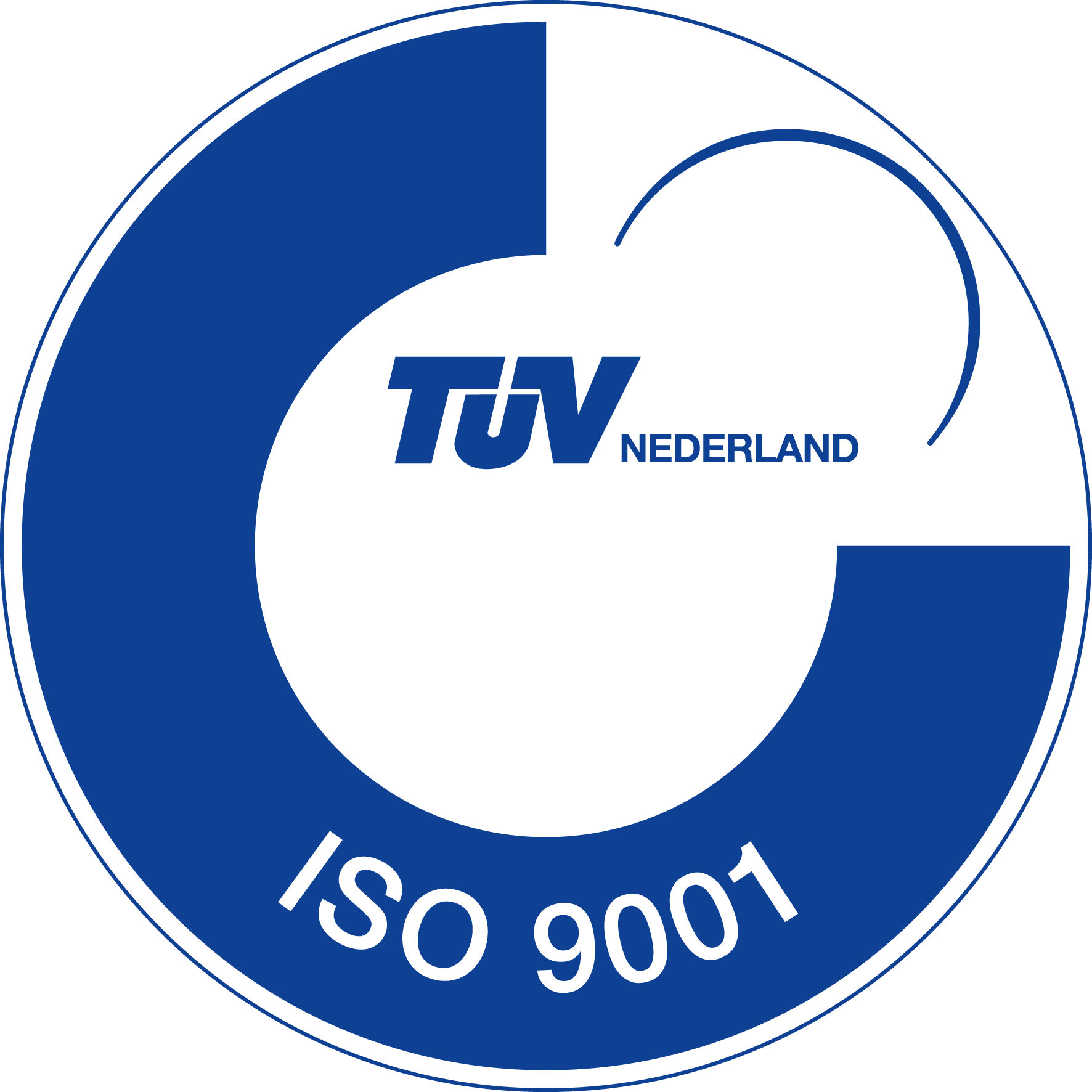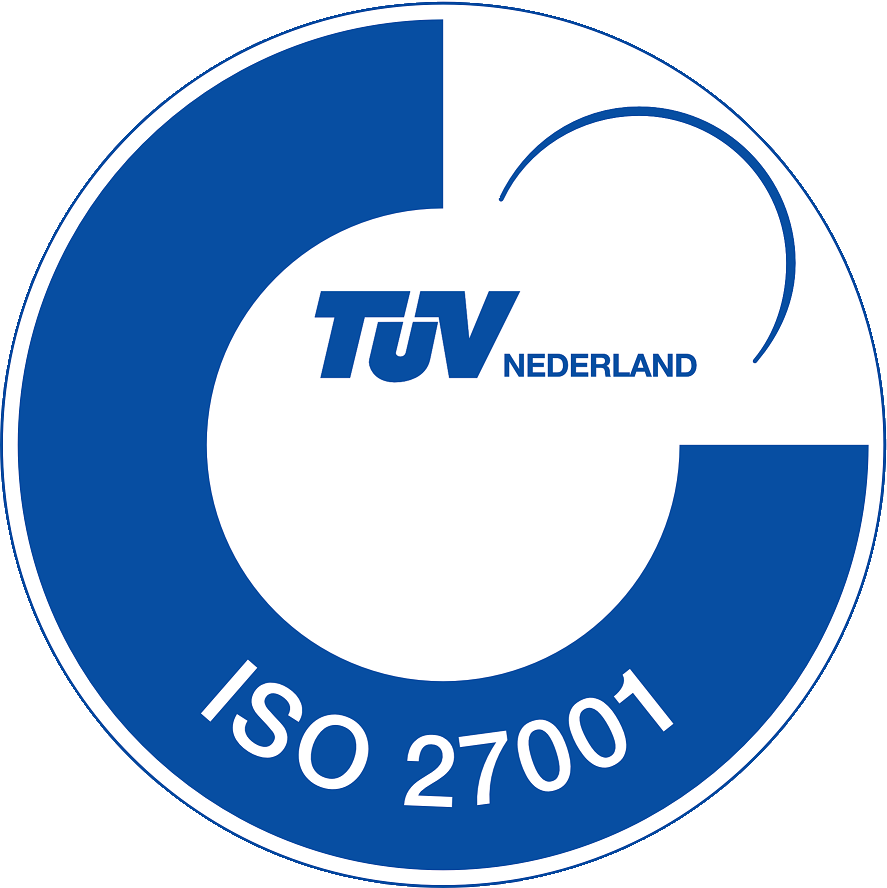Acquiring and valorising knowledge
Senbis, which originated from the former R&D department of Akzo Nobel, is a leading research company in the field of polymers. It has comprehensive knowledge of plastics and extensive research facilities including a laboratory and a pilot plant. Together with the University of Groningen (RUG), TNO, Wageningen Food & Biobased Research (WFBR) and NHL Stenden University of Applied Sciences Emmen, Senbis forms the project BIOTTEK (Biopolyesters In Research for a Future-proof Transition of Emmen and the Plastics Industry). The nature of these project partners makes it possible not only to conduct scientific research, but also to translate the results into market-ready solutions.
Thus, within this project, the required knowledge in the field of biodegradable polyesters will be gathered, with a special focus on technical fibres and textile yarns. The project will develop knowledge on new biopolymers. The focus will be on understanding fibre properties and biodegradability. Besides chemical and biological experiments, AI will also be used to accelerate research. The results of the project will be used to develop new textile fibres that can replace polyester fibres in the future, reducing the amount of microplastics in the environment.
Just Transition Fund stands for ‘fair climate transition’
In the Just Transition Fund just stands for ‘fair’, which is an important goal of this European support fund. Indeed, the JTF should ensure that regions that are relatively badly affected by the climate transition, for instance through job losses, are not left behind. Thus, 330 million euros have been earmarked for the Groningen-Emmen JTF region alone; subsidies that can be used to stimulate economic renewal (innovations and knowledge infrastructure), ‘green perspectives’ (opportunities from greening the economy) and retraining and upskilling of staff. BIOTTEK is a great example at the intersection of all these three goals.
Symbiosis of knowledge and capacity
Just as the BIOTTEK project touches multiple goals, the Just Transition Fund is a good example of the layering of such European funds. Different sectors, regions, societal themes as well as the extensive grant conditions place high demands on the applicant and those involved in the project to be subsidised. Just as the project described above can only be successful thanks to optimal partnership between the knowledge partners, the same applies to the application process that precedes it. PNO can provide this by offering both thematic and regional experts. The BIOTTEK project was supported by a combination of PNO Chemistry for the subject matter expertise and PNO Noord Nederland for the knowledge of regional strategy and dynamics. We are therefore proud of this great result that was partly achieved through the efforts of our chemistry, region and compliance experts Anne Bakker, Lars van der Meulen and Imre de Jong.
Interested in JTF for a fair transition in your region?
Just like for the project described above, our experts are again ready to assist regions, companies and researchers in the upcoming JTF rounds and in the other JTF regions (IJmond, Groot-Rijnmond, Zeeuws-Vlaanderen, West-Noord-Brabant and Zuid-Limburg) to come up with and set up promising projects and guide them through the JTF grant. If you have questions or a project idea, put it to one of our experts. Call us on 088 – 838 13 81 or send us a message.



